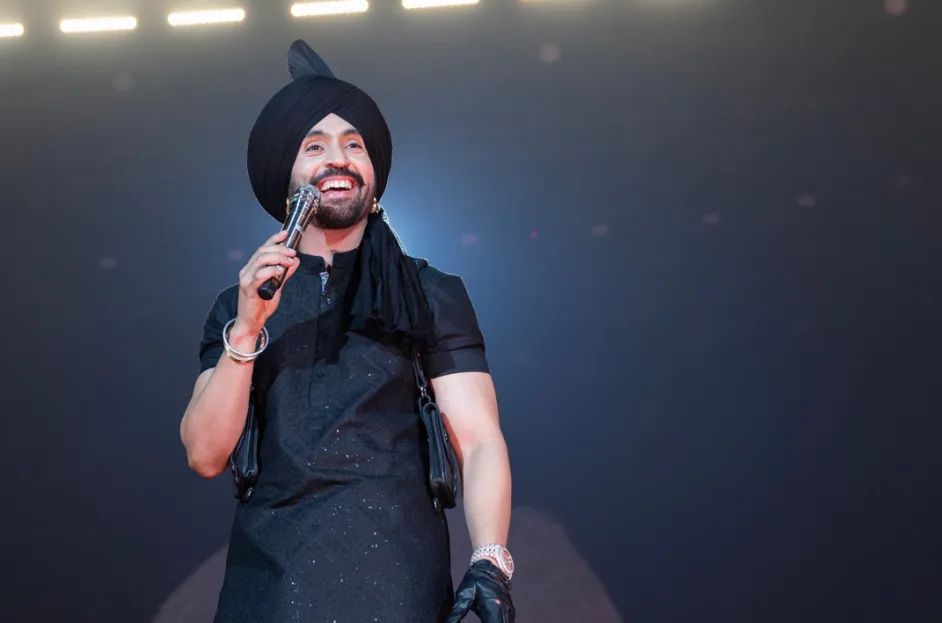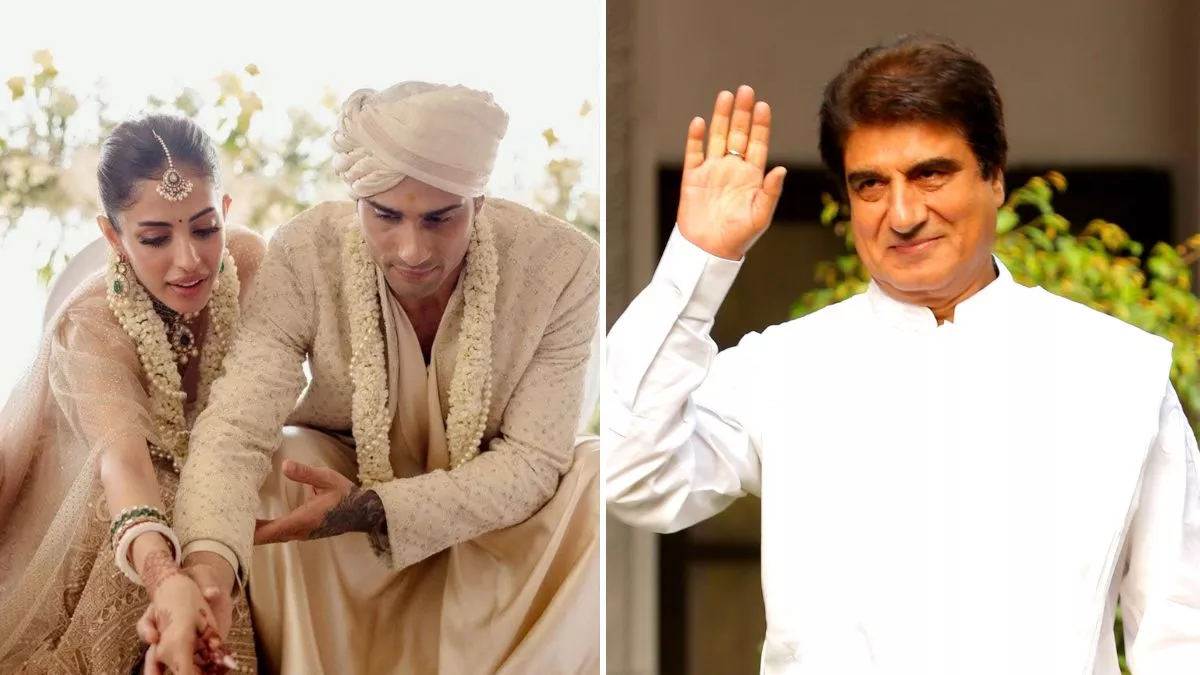Diljit Dosanjh Defies Bajrang Dal Protest in Indore, Pays Tribute to Rahat Indori’s Poem
Description:
Diljit Dosanjh stood strong amidst the protests by Bajrang Dal against his Indore concert, dedicating his performance to legendary poet Rahat Indori. This blog explores how Dosanjh’s tribute to Indori’s iconic poem “Kisi ke baap ka Hindustan thodi hai” resonated with his fans and sparked a nationwide conversation about freedom of expression and unity in India.
Bajrang Dal’s Opposition to Diljit Dosanjh’s Concert in Indore
On December 8, 2024, Bajrang Dal activists staged protests in Indore, calling for the cancellation of Diljit Dosanjh’s concert. The group expressed dissatisfaction with Dosanjh’s appearance in the city, but the reasons behind their opposition remained unclear.
Despite the protest, Dosanjh took to the stage as scheduled, refusing to bow down to political pressure. This act of defiance resonated deeply with his supporters, who saw it as a stand for artistic freedom and the right to express oneself without fear of repression.
Rahat Indori’s Poem: A Powerful Tribute by Diljit Dosanjh
In a symbolic gesture, Diljit Dosanjh invoked the words of Rahat Indori during his concert. The poet’s iconic lines, “Kisi ke baap ka Hindustan thodi hai,” have long been associated with defiance against oppression and resistance to any attempt to control India’s diverse identity.
During his performance, Dosanjh passionately recited these words, emphasizing that India is not the property of any one individual or group but belongs to everyone. This was not only a tribute to Indori but also a powerful statement about India’s inclusive and secular nature.
Public Response: Fans and Artists Rally Behind Dosanjh
Diljit Dosanjh’s brave stand against Bajrang Dal’s protests received overwhelming support from fans, celebrities, and social media users. Many praised the singer for his courage in the face of political adversity and his commitment to freedom of expression.
The hashtag #DiljitForFreedom quickly gained traction, with people across India expressing solidarity with the artist. Fans highlighted how Dosanjh’s response echoed the sentiments of Rahat Indori’s poetry, which calls for unity in diversity and a rejection of narrow, divisive ideologies.
Art, Politics, and Freedom of Expression in India
This incident underscores the growing tension between art and politics in India. Artists like Diljit Dosanjh often find themselves in the crosshairs of political forces that seek to control the narratives around culture and identity. However, Dosanjh’s decision to go ahead with the concert and honor Rahat Indori’s legacy is a clear statement that artists should not be silenced.
By invoking Indori’s famous poem, Dosanjh not only paid tribute to the poet but also made a powerful statement about the importance of freedom of expression and artistic independence.
: Diljit Dosanjh’s Stand for Freedom and Unity
In the face of protest and opposition, Diljit Dosanjh’s tribute to Rahat Indori’s poem “Kisi ke baap ka Hindustan thodi hai” serves as a reminder of the strength of art and poetry in resisting oppression. Dosanjh’s decision to go ahead with the concert and his bold stand against the political forces seeking to silence him reflect his unwavering belief in the values of freedom and inclusivity.
The incident is a reminder that India’s identity belongs to all its citizens, and no single individual or group can claim ownership over the country’s culture, history, and future.






